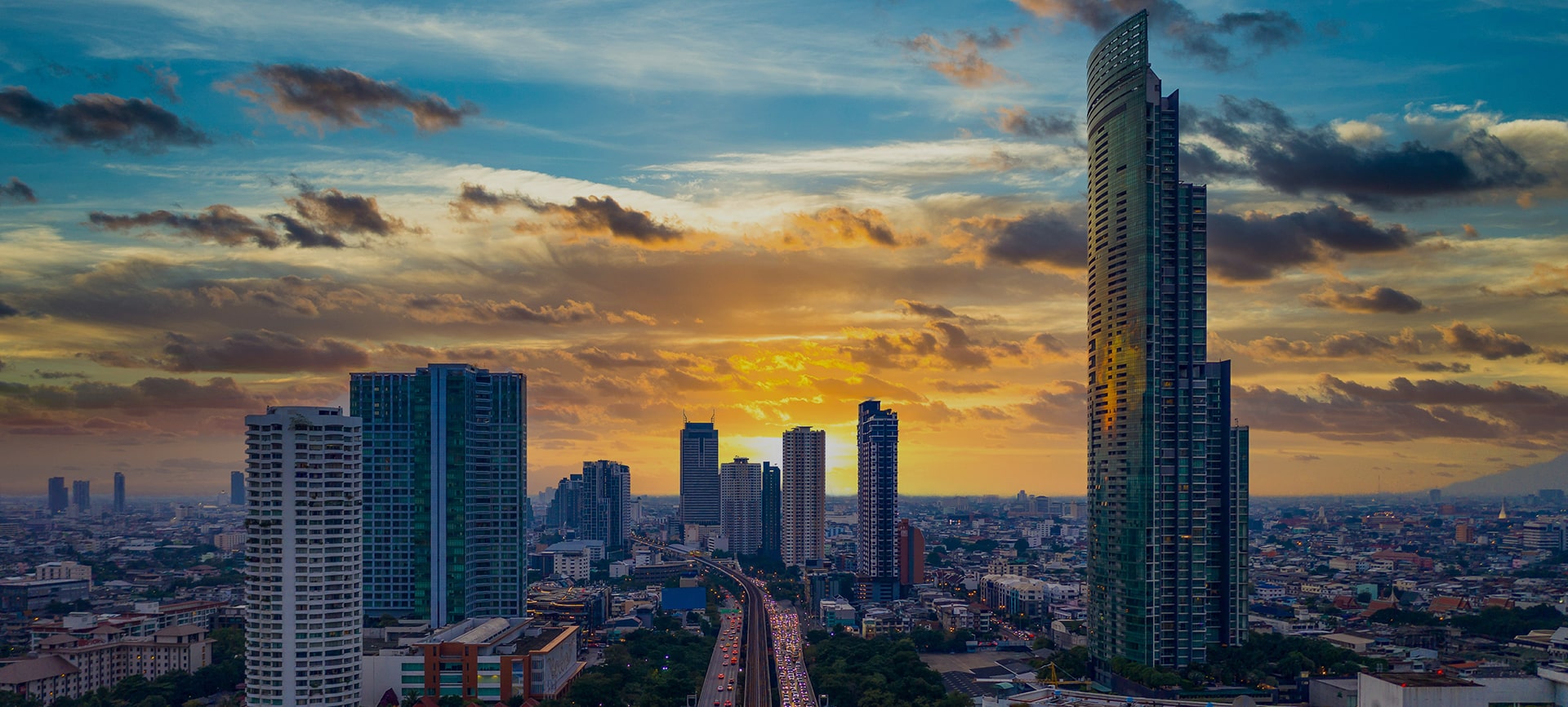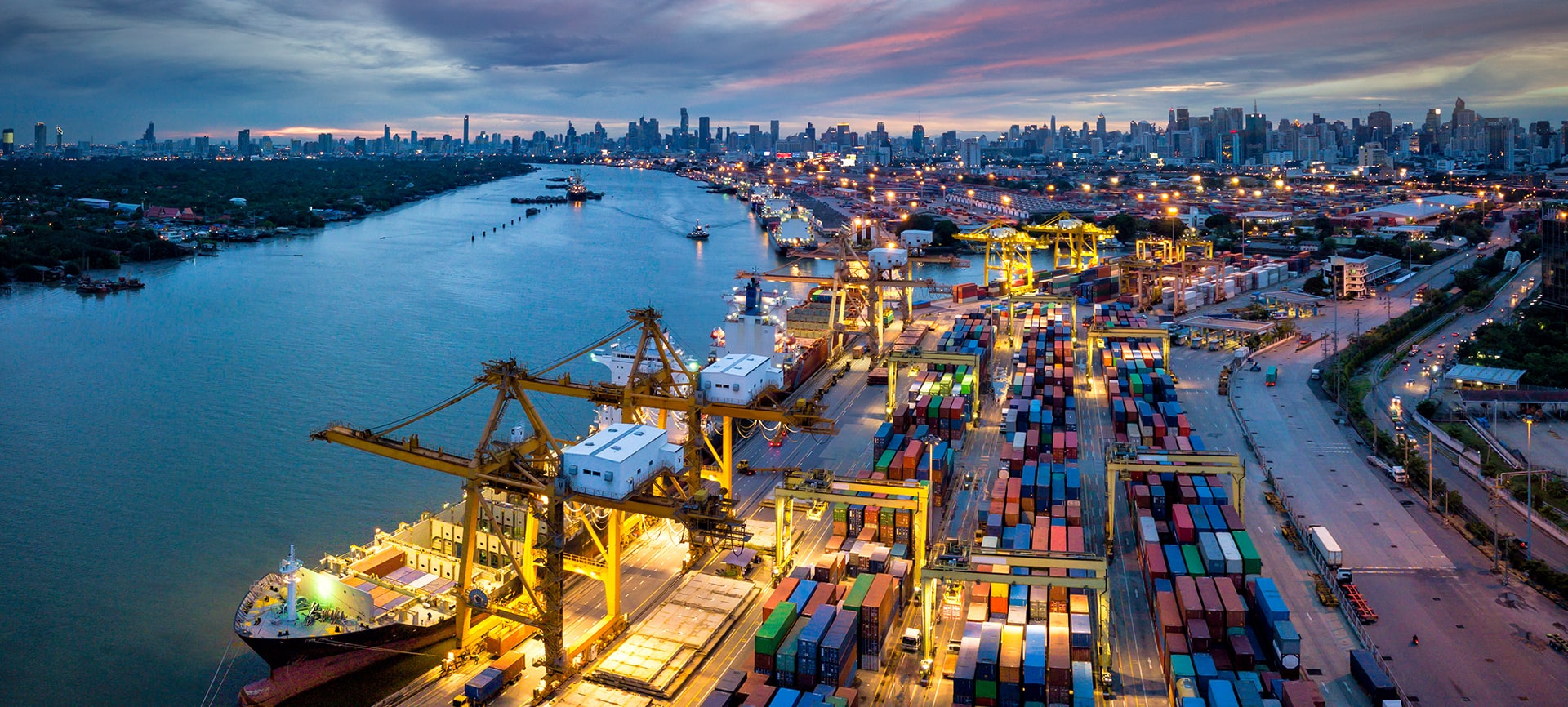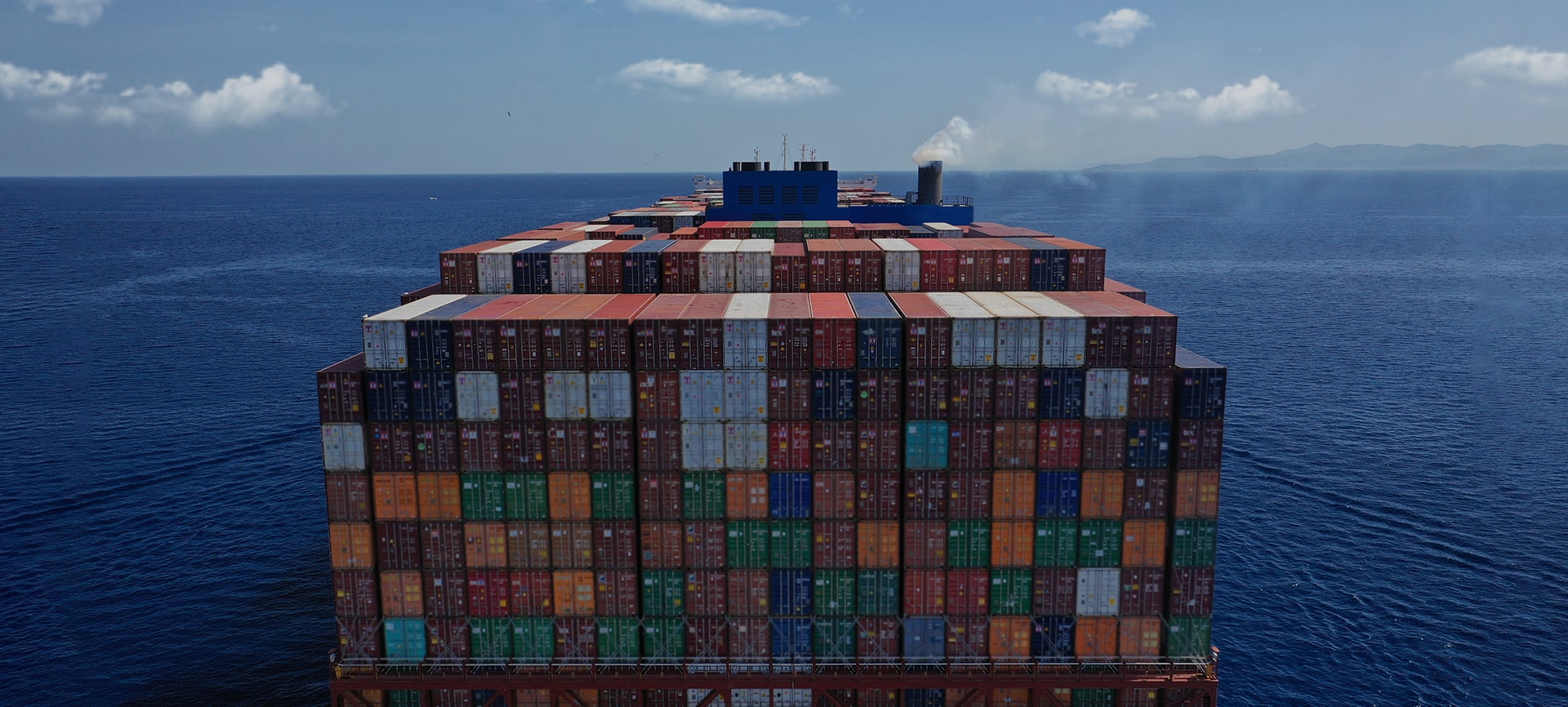Posted on: August 19, 2024 / Last updated: August 21, 2024
Impact of Student Protests and Regime Change in Bangladesh on the Supply Chain

Closure of Chittagong Port and Supply Chain Disruptions
Student protests in Bangladesh have intensified, forcing the resignation of the long-standing Prime Minister.
The students began protesting due to dissatisfaction with special quotas in civil service recruitment, which led to some protests turning into riots.
As a result, Chittagong Port, a major port in the country, was shut down, causing disruptions in the domestic supply chain.
The apparel industry has been particularly hard hit.
Bangladesh is one of the world’s leading apparel exporters, and this stagnation could have global economic repercussions.
Until Chittagong Port is reopened, imports and exports are likely to be delayed, resulting in significant economic losses for the country.
Background of Student Protests and Regime Change
The student protests were sparked by issues surrounding special quotas in civil service recruitment.
The system, which allocated 30% of civil service recruitment slots to families who participated in past independence movements, was overturned by the Supreme Court.
In response, students began protesting. The movement gained momentum, especially after some students lost their lives during the protests.
Amidst this chaos, the long-standing Prime Minister fled to India, and an interim government was established.
Nobel Peace Prize laureate Muhammad Yunus is being considered as a potential candidate for the next Prime Minister.
Under his leadership, it is hoped that a new government, supported by the students, will restore stability.
Future Outlook
Until the new government stabilizes, Bangladesh’s economy may continue to experience instability.
Resuming the supply chain and normalizing imports and exports is a critical urgent task.
This development will also be a significant point of interest for companies and investors worldwide.


![[Industry Trends] MSC Becomes First to Reach 900 Vessels! Focus Shifts to North-South Routes with Independent Operations | IINO san's Logistics News](/wp-content/uploads/2025/04/20250417en-640x360.png)
![[Maritime Shipping Now] Container Freight Rates Remain Flat – What Lies Ahead? Impact of US-China Tensions | IINO san's Logistics News](/wp-content/uploads/2025/04/20250415en-640x360.png)








